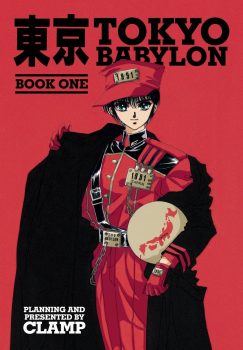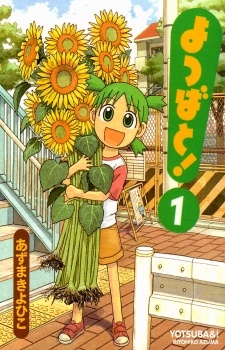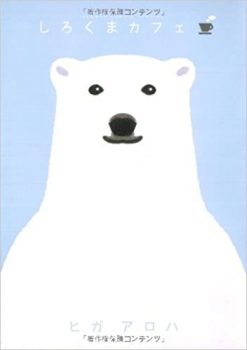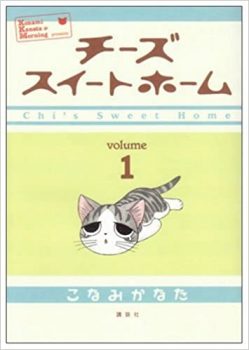Written by Chase Conner (Class of 2021), with intro by Ann Marie L. Davis
Last March, shortly after the pandemic lockdown, I posted the blog “Manga Resources While Teaching and Learning from Home.” Since then, I have wanted to explore its many sites and share what I learned with everyone here. This semester, with the help of manga enthusiast and Japanese Studies major, Chase Conner (Class of 2021), we’re finally able to do this! In the new blog series, “Checking out Manga,” Chase will evaluate online manga resources as well as relevant print manga that can be checked out (literally!) from OSU Libraries. With each post, the series will highlight at least one open access manga site as well as related print manga available at our library. For the very first post in this series, Chase explores the site Kore mo gakushū manga da (これも学習マンガだ, or “This is Gakushū Manga, too”) below.

Image of the “This is Gakushū Manga, too!” home page.
Hello, everyone! It’s autumn already, and you know what that means: it’s the perfect time to relax somewhere cozy with a good book or comic to read and appreciate the scenery. Hopefully, we can help you find something interesting while furthering your studies along the way! Today we’re going to be looking into one of the websites included in the wonderful list of online manga resources compiled by Michiko Ito of the University of Kansas. Since many students and faculty are looking for interesting teaching and learning tools, I feel that the best place to start is with the site Kore mo gakushū manga da (これも学習マンガだ).
What is Gakushū Manga?
First things first — What is gakushū manga (学習マンガ)? Translated as “educational manga” or “manga study guides,” gakushū manga is a sub-genre of Japanese comics intended to teach readers about a specific topic in a variety of academic disciplines. In addition to targeting elementary and high school students (studying history, math, art, or literature, for example), gakushū manga is also written for adults seeking information on topics from home improvement to budgeting, folk crafting, and more!
A List of 200 Recommended Gakushū Manga and Manga Learning Supplements
The web site Kore mo gakushū manga da offers a nifty compilation of manga titles that are not strictly gakushū manga, but that cover various academic topics that can be used as learning supplements. Compiled by the Nippon Foundation, its listings are tailored to promote manga that offer “fun while learning,” an idea known as “edutainment.” Its list currently includes 200 titles divided into eleven different categories (such as history, lifestyle, literature, and sports). Visitors to this website can view the list at a glance by downloading the website handbook, or they can browse these categories online. Though the website is written entirely in Japanese, its recommendations are created with both native Japanese speakers and language learners in mind. Therefore, it can be a great learning resource whether you’re interested in reading comics in Japanese or finding English translations. Kore mo Gakushū Manga itself is not a resource that links to actual full text manga. Instead, it points readers to different works for use in Japanese Studies and language acquisition.
Browsing the List of Manga
One of the first things users will see when visiting Gakushū Manga is the genre search bar, which lists the Foundation’s eleven different categories. Clicking on any one of these will show you all the manga within that category.
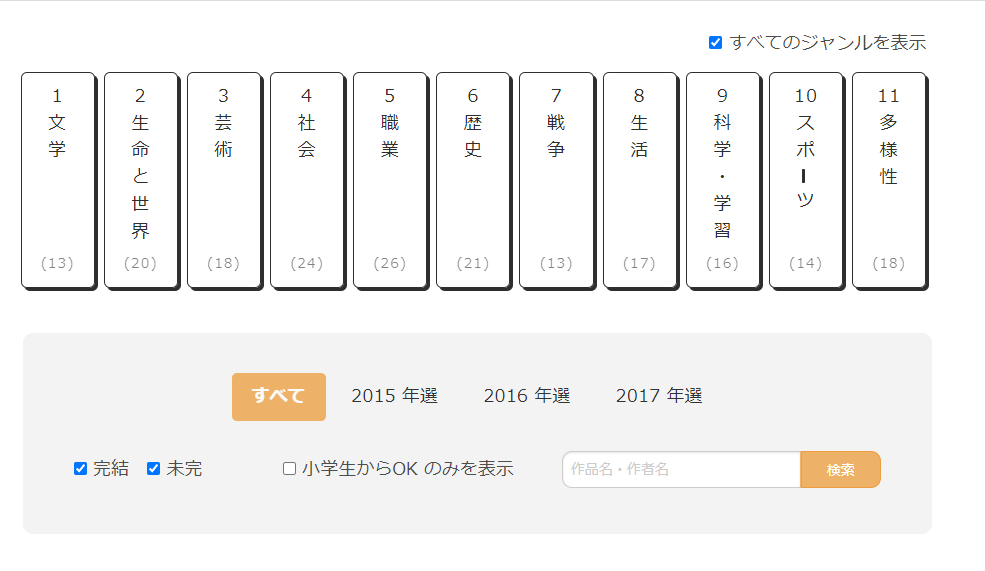
From right to left, the categories are Literature, Life and World, Art, Society, Work, History, War, Living, Science and Learning, Sports, and Diverse Topics. If you have a good idea what you’re looking for, you can narrow your search even more, with options to choose the date when the work was added to the collection, whether its series has ended or is still ongoing, and whether its age appropriate for younger readers (though it may do well to keep in mind that what is considered appropriate for younger audiences may differ across cultures)! When the search engine returns its results, each title has a handy hyperlink to a page with author and artist info, as well as a short blurb about the contents of the work and the reason for its inclusion in the list of recommendations.

The collection includes familiar titles to fans of modern manga, such as Fullmetal Alchemist and Mushishi, as well as older classics
Keeping in mind the intent of the site, any of the recommended manga would serve as great resources for learning Japanese language, history, culture, and much more!
Accessing and reading these manga at OSU Libraries
If anything piques your interest, the site provides further information on how to purchase the titles from several online Japanese retailers. Moreover, a good number of these comics can be found in Japanese and English translation in OSU’s manga collection! Therefore, we encourage our users to have a look! Most of these titles (about 65% of OSU’s manga collection) are circulating and therefore can be freely borrowed from OSU Libraries. Still others might be housed in special collections and can be viewed in the Reading Room (with an appointment during the pandemic) at the Billy Ireland Cartoon Library and Museum. For titles that are not yet part of our manga collection, OSU students and faculty are strongly encouraged to reach out and make a request! You can provide suggestions and feedback to help build our manga collection by contacting OSU’s Japanese Studies Librarian, Ann Marie Davis, anytime at davis.5257@osu.edu.
Additional links and resources:
For a closer look into gakushū manga available at OSU Libraries: Educational manga (学習漫画) at Ohio State Libraries:
For those interested in English translations of Koremo gakushū manga da’s contents, one need look no further than that of the the Japan Foundation: Japan Foundation’s “Kore mo gakushū manga da” catalogue.


